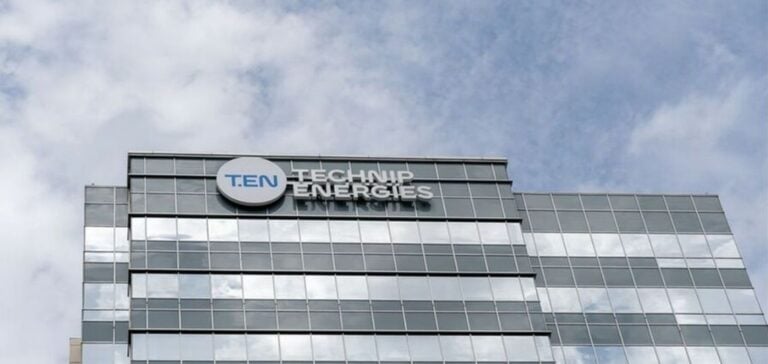The U.S. Department of Energy (DOE) has allocated 200 million USD to an ambitious project led by Technip Energies and LanzaTech. This initiative aims to recycle carbon dioxide (CO2) emissions from ethylene production and convert them into sustainable ethanol and ethylene, two essential products for the global chemical industry.
A key project in carbon transition
Named SECURE (Sustainable Ethylene from CO2 Utilization with Renewable Energy), this project will be deployed in the U.S. Gulf region. It leverages advanced technology integrated into an existing industrial ethylene cracker infrastructure. This approach is expected to significantly reduce CO2 emissions while meeting the growing global demand for ethylene.
By combining captured CO2 with low-carbon-intensity hydrogen, the project sustainably produces ethanol and ethylene. This innovative solution has replication potential in other facilities worldwide, with over 370 ethylene production units identified globally.
Structured development phases
DOE funding spans four distinct phases, with an initial investment of 20 million USD for the first phase. This step includes a Front-End Engineering Design (FEED) study, along with the required measures to meet environmental regulations under the National Environmental Policy Act (NEPA).
The Office of Clean Energy Demonstrations (OCED) oversees this project to ensure the efficiency of each phase and its positive impact on local communities. The goal is to balance technological progress, environmental protection, and regional economic development.
Environmental and economic impact
Transforming CO2 into high-value chemicals enables the valorization of industrial emissions while reducing their environmental impact. This project, while supporting U.S. climate objectives, creates quality jobs and strengthens local manufacturing capabilities.
According to stakeholders, the SECURE project could become a model for other initiatives aimed at integrating carbon circularity into industrial processes. The OCED will continue to assess the results at each phase to ensure compliance with environmental and social goals.
By investing in innovative solutions like this one, the U.S. demonstrates its commitment to accelerating the energy transition while fostering a competitive low-carbon economy.






















